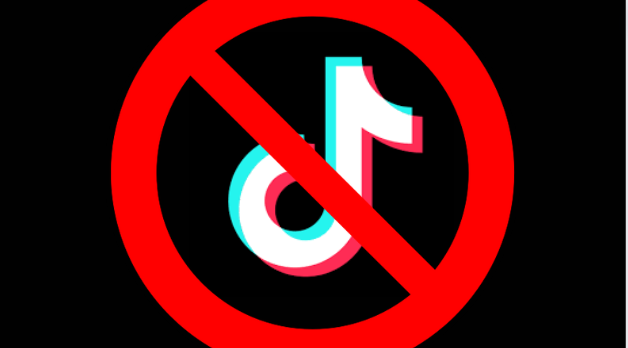On March 13th, 2024 the House of Representatives voted on something unprecedented, shutting down and banning an app: TikTok. Even though TikTok has yet to be banned by the U.S. government, it has come close many times in the past, including now. Will TikTok be fine or will we experience a full American TikTok shutdown?
TikTok was originally the dancing app Musical.ly. Known for its music and dancing. Then on August 2nd, 2018, Musical.ly was officially rebranded into the social media app, TikTok.
TikTok is a social media app used to share short videos of all kinds online. TikTok has over 150 million users in America which all use TikTok for many different reasons and purposes, whether it be for entertainment, political reasons, culture, hobbies, advice, etc. Over seven million small businesses use TikTok to sell/advertise their products. TikTok is a thriving community that connects people all over the planet.
Yet, many people think that TikTok is a danger to the American people. Starting in 2020 President Trump tried to force the sale of TikTok but failed. Now in 2024, the House of Representatives have come close to succeeding.
The new bill to ban TikTok is said to not immediately ban TikTok, but would give Bytedance (the company that owns Tik Tok) the choice to either sell TikTok to an American company or ban TikTok for all American citizens.
The reason for this bill is that it is believed that TikTok is owned solely by a Chinese company that is stealing American data. However, this has been proven false.
The majority of the Bytedance, 60%, is owned by worldwide shareholders, 20% is owned by its Chinese co-founders, and another 20% is owned by Chinese employees for Bytedance in Beijing, China.
While 40% of Bytedance is owned by people and co-founders in China, the data centers for TikTok’s U.S. data are in America, Specifically in North Virginia. On January 24, 2023, TikTok shared the message: “Tik Tok has long stored user data in our own data centers in the U.S. and Singapore, Our Virginia data center includes physical and logical safety controls such as gated entry points, firewalls, and intrusion detection technologies… to better safeguard our app, systems, and the security of U.S. user data… we’ve changed the default storage location of U.S. user data. Today, 100% of U.S. user traffic is being routed to Oracle Cloud infrastructure.. As we continue our work we expect to delete US users’ private data from our own data centers and fully pivot to Oracle cloud servers located in the US.”
While TikTok is claiming to be making steps to secure user data, other companies are known for selling user data. As seen on Security.Org it claims, “ …social media companies like Facebook and Instagram make significant portion of their users’ data to data collection companies, who sell it to other third parties for targeted advertisements”
The Singaporean CEO of TikTok, Shou Chew, has been to court many times over the rising conflict with TikTok and the American government. In his latest court case over TikTok he was interrogated by American lawmakers for five hours over the alleged Chinese government ownership and data stealing of TikTok. They questioned his citizenship, his political alignments, and whether he was scared of the Chinese Government. The court case can be viewed here.
All of this doesn’t change the fact that he is Singaporean and not Chinese, nor has never lived in China. Even though 40% of the shareholders are Chinese, TikTok is not owned or controlled by the government. In fact, TikTok is banned in China for all Chinese citizens. They have an alternative app called Douyin, which is only available in China and is alleged to be monitored and censored by the Chinese government.
Although, because companies in China do own 40% of Bytedance, the Chinese government will not allow the sale of TikTok.
While it does seem like TikTok will be banned in America as the bill passed in the House of Representatives in a landslide 352-65 vote, it has only been passed in the house of representatives, it still needs to be passed in the Senate, so it’s not over for TikTok yet.








